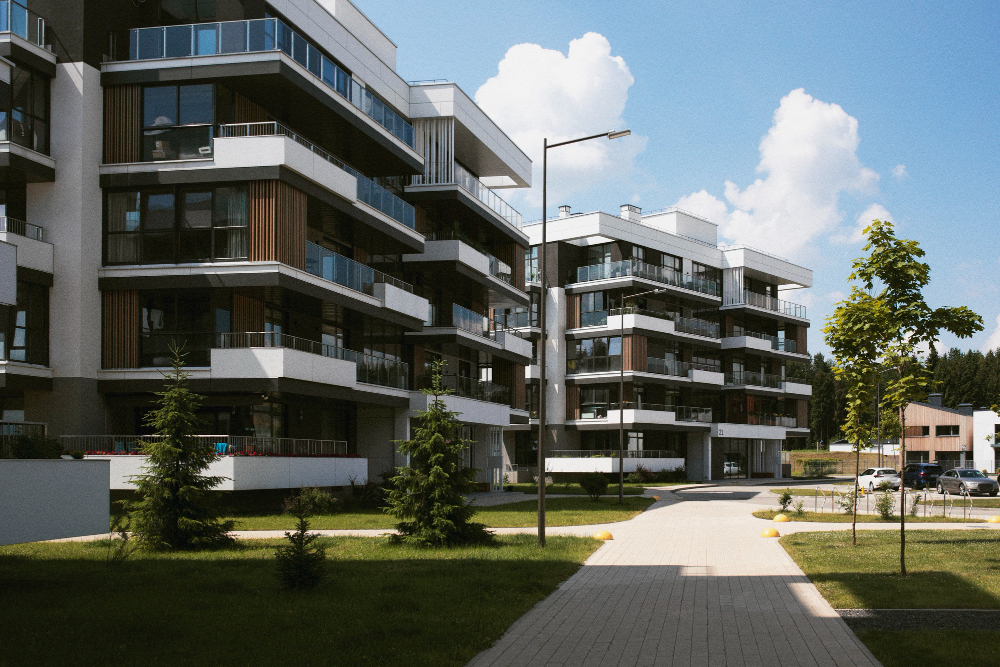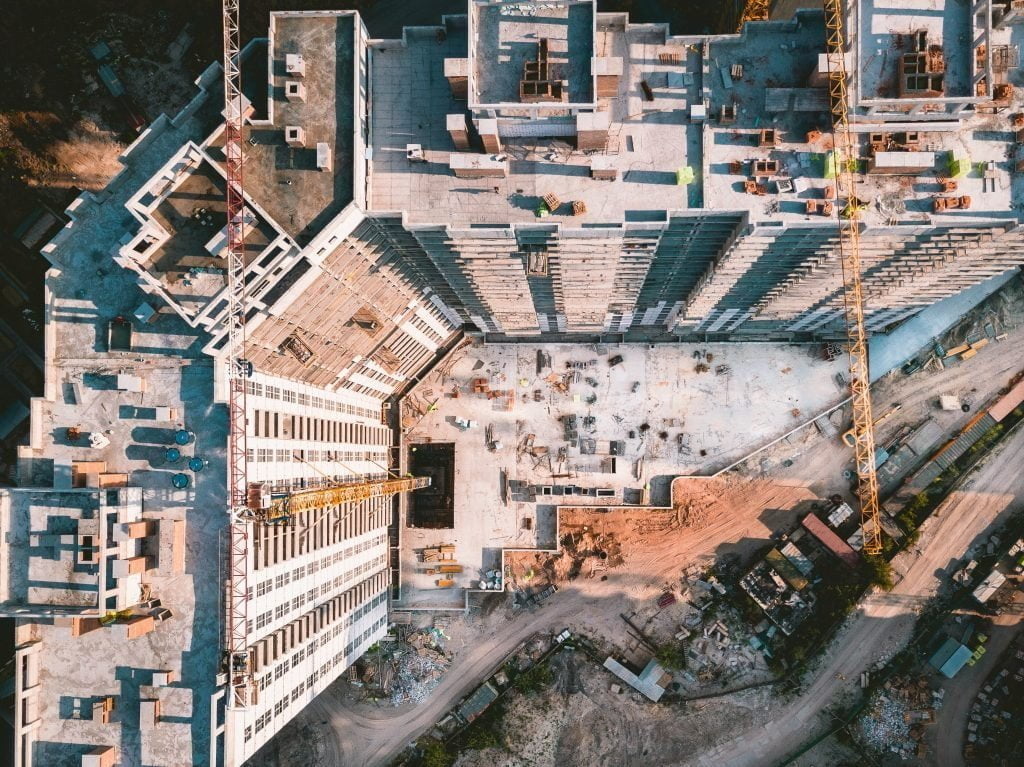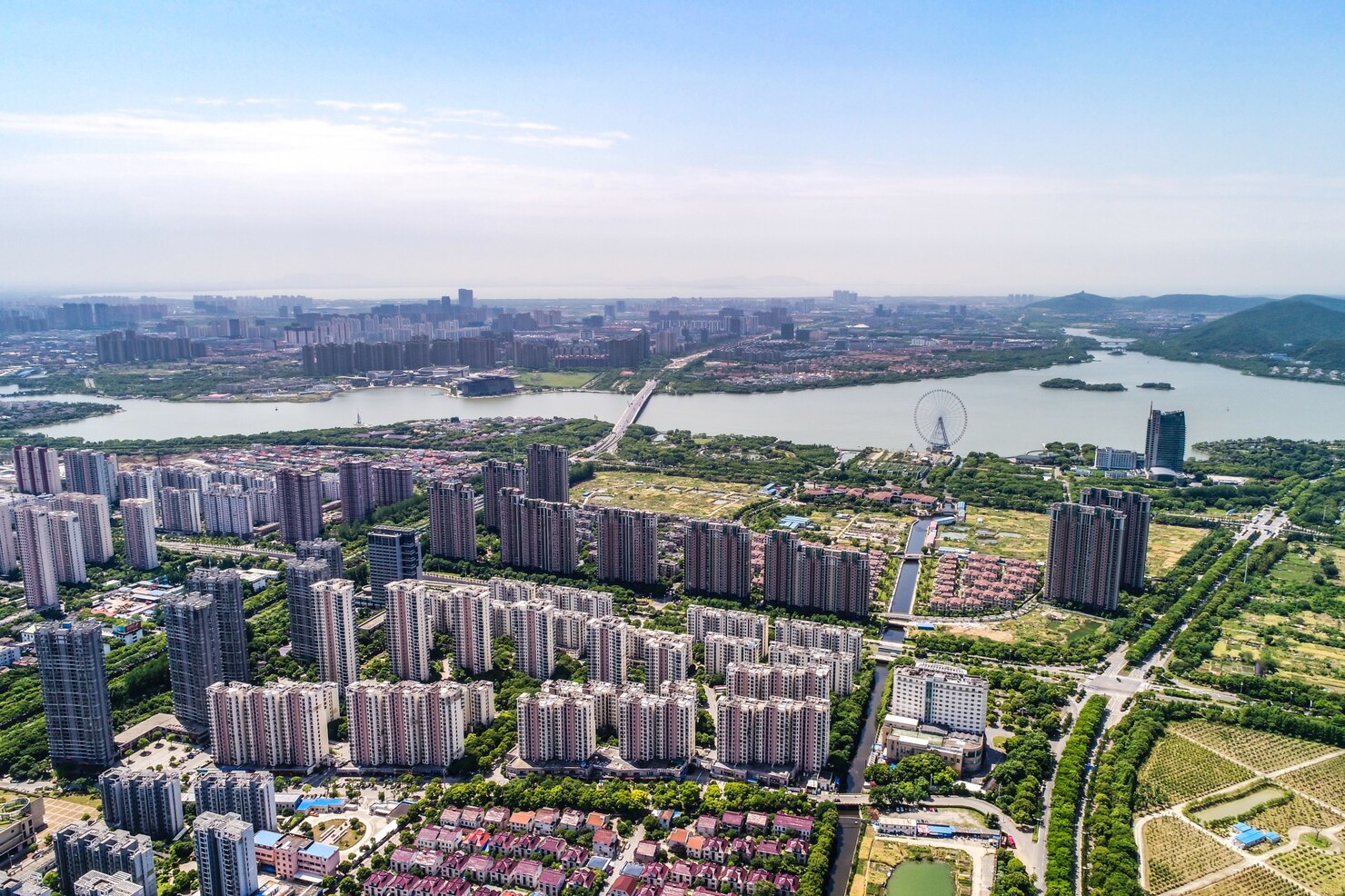Currently, the development of social house is a burning issue, receiving special attention from many different groups of people, including low-income people and enterprises. Because the development of social house is one of the important factors determining the quality of residents’ lives, thereby affecting socio-economic development. Due to the importance of this policy, the Housing Law 2023 (effective from August 1st, 2024) has been supplemented with many new policies to ensure the rights of people entitled to this policy.
1. Abolishing the residence conditions for people entitled to social house policies
According to the Housing Law 2023, to be entitled to social house policies, individuals are no longer required to have a permanent residence registration or a temporary residence registration of at least one year in the place where the social house is located.
There is an opinion that abolishing residence conditions may be inappropriate, as it could lead to individuals from other regions taking advantage of social house policies, while those who genuinely need it in the local area might be unable to access the policy.
However, from my point of view, abolishing the residence conditions is appropriate to the current situation in large cities. In practice, most individuals who wish to purchase, lease-purchase, or lease social house in urban areas are migrants – people who often need to frequently change their place of residence. Therefore, requiring these individuals to have a temporary residence registration at a location for at least one year is a barrier to accessing social house. Consequently, abolishing this condition facilitates easier access to social house for migrants.
Additionally, this change aligns with the reality of labor mobility. Two to three years ago, due to the outbreak and impact of the Covid-19 pandemic, many enterprises faced difficulties that led to temporary termination, dissolutions, and bankruptcies. Employees tended to move from urban regions to rural regions due to unemployment. However, recently, the economy has gradually recovered from the pandemic’s devastation, enterprises have operated, and the labor market is returning to its pre-pandemic state. The return of skilled and qualified employees to urban regions is an inevitable trend. Therefore, abolishing residence conditions under the Housing Law 2023 is a crucial step in supporting house for migrant employees and ensuring social security in major urban regions.
2. Loosening the income conditions for people entitled to social house policies
Previously, under the Housing Law 2014, subjects being exempt from regular income tax were entitled to social house policies. In other words, those with income exceeding VND 11,000,000 per month were not entitled to social house policies. This regulation was not aligned with the current reality since social house prices are still high for individuals with such income levels. Loosening the income conditions helps broaden the range of subjects who can access social house.
Although the income conditions policies have been loosened, housing laws still have provisions to prevent abuse of social house benefits. Under Article 30 of Decree 100/2024/ND-CP, in case married individuals apply to purchase or lease the social house, their combined income must be assessed. This regulation prevents situations where one spouse is exempt from personal income tax, while the other has a very high income, thereby ensuring fairness among subjects receiving housing support.
3. Creating conditions for people to access social house through the form of transfer
Compared to the Housing Law 2014, the Housing Law 2023 has many provisions that make it easier to resell their houses. Specifically, as follows:
Firstly, regarding the subjects eligible to buy the social house within 05 years from the date of full payment for such house (“5-year period”)
Under the Housing Law 2023, during this period, the buyers of social house can resell their social houses either to the investor or to other eligible subjects. In contrast, under the Housing Law 2014, buyers could only resell their social houses to eligible subjects if the social house management unit refused to purchase.
In practice, many subjects who purchase or lease purchase social house may experience considerable changes in their income or financial situation. Therefore, social houses are not suitable for their needs. Allowing these subjects to resell their social house to those who genuinely need it is both necessary and appropriate.
Secondly, regarding the resale price of social house within 5-year period
Under Article 89.1(dd) of the Housing Law 2023, the maximum resale price of social house is equal to the price stated in the sale and purchase agreement with the project owner. In contrast, under Article 62.4 of the Housing Law 2014, the maximum resale price of social house is equal to the sale price of social house of the same type in the same location and at the same time of sale.
The regulations on the resale price of social house under the Housing Law 2014 do not ensure transparency and openness. The absence of a legal framework guiding the price of social house for each location and time of sale can lead to situations where social houses are resold at higher prices for profit, forcing those in need to buy social homes at inflated prices. This undermines the humanitarian aspect of the social house policy.
The provisions in the Housing Law 2023 address the issue of social house being resold at inflated prices by stipulating a clear ceiling for resale prices, which is the price stated in the sale and purchase agreement. However, relevant authorities need to closely monitor and enforce compliance with the law to prevent situations where parties agree to two different transfer prices (one that complies with legal regulations and another higher price agreed upon separately in practice).
Thirdly, the payment of land use fees when reselling social house after a 5-year period
Under Article 89.1(e) of the Housing Law 2023, after a 5-year period, if the social house is resold and it is an apartment, the seller is not required to pay land use fees.
Previously, sellers were required to pay 50% of the land use fees to the state budget when transferring the social house that was an apartment. In practice, there was little significant difference between the price of social house at the time of purchase and after 5 years, so requiring sellers to pay additional land use fees effectively imposed a burden on them. This led to many sellers reselling with illegal methods, such as handwritten documents, to avoid paying these fees. Therefore, the new provision in the Housing Law 2023 is reasonable as it reduces the incentive for people to break the law when reselling social houses, thus protecting their own rights and interests.





































